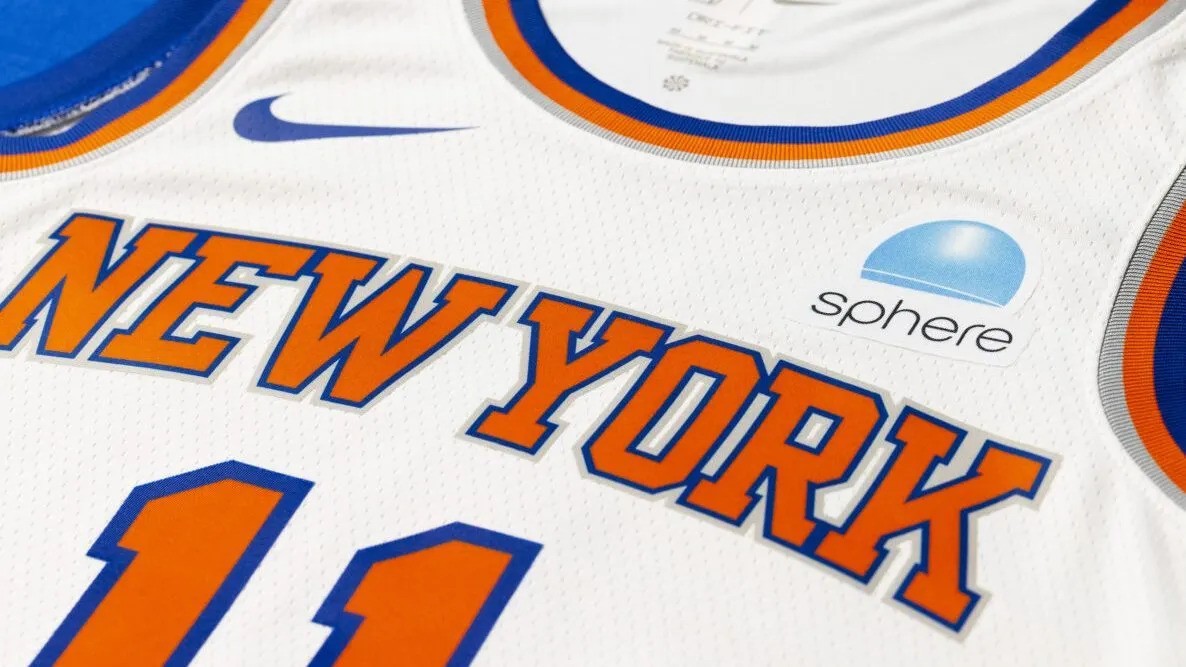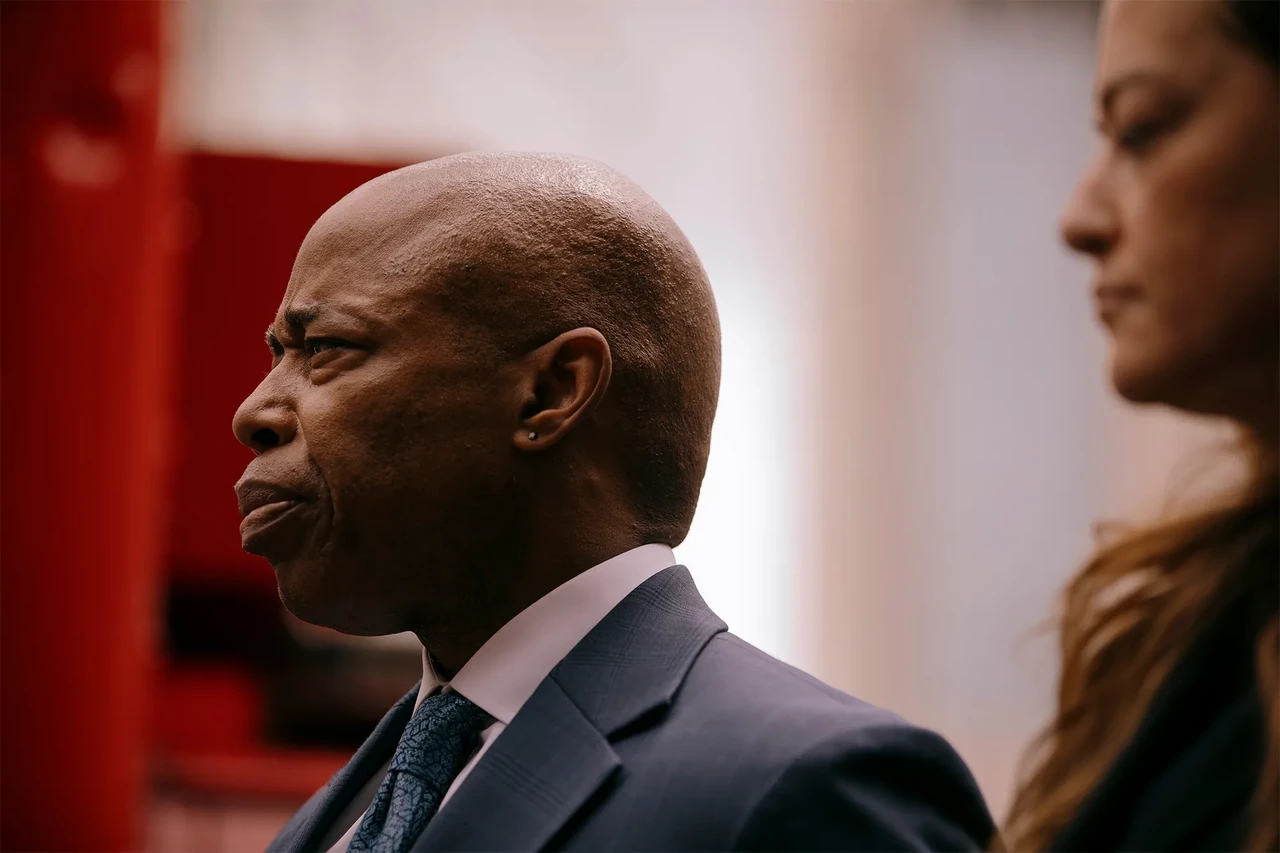In a surprising turn of events, the New York Knicks abandoned a lucrative jersey sponsorship deal with Saudi Arabian state-funded festival Riyadh Season just before the 2023-24 NBA season commenced. The proposed $30 million per season deal, set to feature the Riyadh Season patch on Knicks jerseys, faced an unexpected obstacle: the intervention of New York City Mayor Eric Adams. The mayor's objection, reportedly tied to Saudi Arabia's connection to the 9/11 attacks, raises questions about the intersection of politics and sports business. This decision not only derailed what would have been the first Saudi-backed sponsorship deal in major US leagues but also underscored the complexities and potential biases in such partnerships. As sports continue to intertwine with political dynamics, it prompts reflection on the broader relationship between the Middle East, business collaborations, and the United States' stance in the global arena.
A Shift to Sphere

The Knicks' sudden pivot from Riyadh Season to showcasing their ownership group's property, Sphere, reflects a rare moment of conscientious decision-making in the sports business world. The proposed deal, involving the Saudi General Entertainment Authority and Knicks owner MSG Sports, was seemingly on track until Mayor Adams expressed reservations. This move, influenced by concerns about Saudi Arabia's human rights record and its anti-LGBTQ+ legislation, sheds light on the power dynamics at play when politics intersects with the sports industry.
Mayor Adams' objection to the Riyadh Season deal draws attention to a broader issue of bias and discrimination against the Arab world in recent US political discourse. While Saudi Arabia's involvement in the 9/11 attacks has long been a contentious topic, the decision to veto a sports sponsorship deal based on historical events raises questions about fairness and the potential for sports to become a battleground for political disputes. The business ramifications of such decisions echo far beyond the basketball court, pointing to a need for more nuanced and objective evaluations in sports business dealings.
Ethical Scrutiny and Global Implications
The collapse of the Knicks' deal with Riyadh Season highlights the growing trend of scrutinizing sports partnerships for ethical considerations, especially when dealing with nations or entities with controversial records. For LGBTQ advocates, the outcome suggests that principled opposition to "sportswashing" (the practice of using sports events to divert attention from unfavorable activities) can still influence decisions, even when millions of dollars are at stake. While concerns about Saudi Arabia's human rights record and anti-LGBTQ+ legislation are valid from the stance of the United States and the country's culture, the rest of the globe does not choose to reject them within business opportunities because of their outrageous amount of School Shootings, Homelessness, or history of slavery and segregation. The mayor's stance prompts scrutiny of the selectivity in U.S. political engagements.
This incident magnifies the broader issue of bias and discrimination against the Arab world in recent U.S. political discourse. The decision to derail a sports sponsorship deal based on historical grievances raises questions about the consistency and fairness of such decisions. It's a stark reminder of how, in the realm of international sports business, certain nations become pawns in political disputes, subject to the whims of policymakers rather than objective evaluations.
Mayor Adams' objection to the Riyadh Season deal underscores the broader hypocrisy in U.S. political circles. As the Middle East, including countries like the UAE, Qatar, and Saudi Arabia, transforms into a major hub for sporting events and investments, this incident exposes the opportunistic nature of U.S. engagements. The selective approach, engaging with Middle Eastern nations when financially beneficial and disregarding them when politically expedient, highlights the underlying prejudices and double standards in the U.S.'s approach to global partnerships.
In scrutinizing the Knicks' decision through a critical lens, one cannot escape the realization that this veto goes beyond a simple business transaction. It becomes emblematic of a broader issue within U.S. politics, a tendency to selectively engage and, at times, discriminate against nations based on geopolitical considerations. As sports increasingly intertwine with global politics, the New York Knicks' pivot away from Riyadh Season becomes not just a sports business decision but a reflection of the deeper challenges in navigating the complex landscape of international relations.
For some perspective, here's a trailer for what Eric Adams could not allow the Knicks to collaborate with:










































